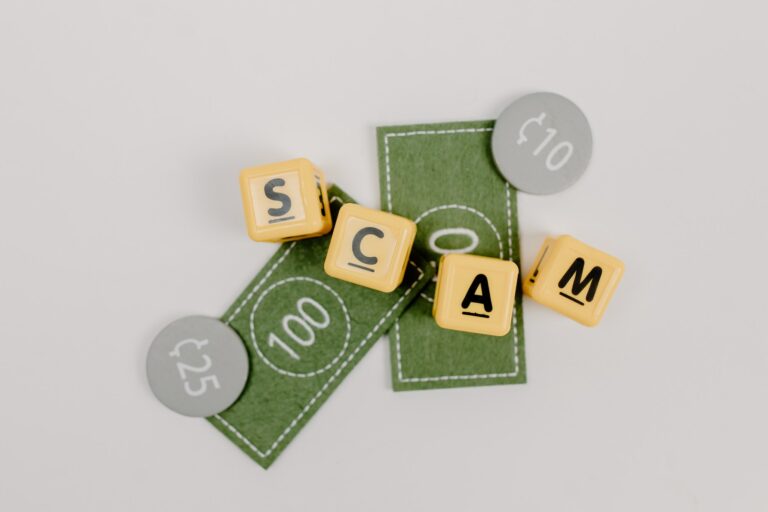
Could Your Estate Plan Be a Disaster?
You may think your estate plan is all set.However, it might not be. If you met with your attorney when your children were small, and your children are now grown and have children of their own, your estate could be a disaster waiting to happen, says a recent article “Today’s Business: Your estate plan—what could go wrong?” from the New Haven Register.
Most estate planning attorneys encourage their clients to revisit their estate plan every three to five years, with good reason. The size of your estate may have changed, you may have experienced a health issue, or you may have a new child or a grandchild. There may be tax law changes, statutes may have been updated and the plan you had three to five years ago may not accomplish what you want it to.
Many people say they “have nothing” and their estate is “simple.” They might also think “my spouse will get everything anyway.” This is wrong 99% of the time. There are unintended consequences of not having a will—accounts long forgotten, an untimely death of a joint owner, or a 40-year-old car with a higher value than anyone ever expected.
Your last will and testament designates who receives your assets and provides for any minors. A will can also help protect your wishes from a challenge by unwanted heirs after your passing.
The federal estate tax exemption today is $12.6 million, but if your will was created to minimize estate taxes when the exemption was $675,000, there may be unnecessary provisions in your plan. Heirs may be forced to set up inherited trusts or even sub-trusts. With today’s current exemption level, your plan may include trusts that no longer serve any purpose.
When was the last time you reviewed your will to see whether you still want the same people listed to serve as guardians for minor children, executors, or trustees? If those people are no longer in your family, or if the named person is now your ex, or if they’ve died, you have an ineffective estate plan.
Many adults believe they are too young to need an estate plan, or they’ve set up all of their assets to be owned jointly and, therefore, don’t need an estate plan. If one of the joint owners suffers a disability and is receiving government benefits, an inheritance could put all of their benefits at risk. Minor children might inherit your estate. However, the law does not permit minors to inherit assets, so someone needs to be named to serve as their conservator. If you don’t name someone, the court will, and it may not be the person you would choose.
What about using a template from an online website? Estate planning attorneys are called in to set things right from online wills with increasing frequency. The terms of a will are governed by state law and often these websites don’t explain how the document must be aligned with the statutes of the state where it is signed. Estate plans are not one-size-fits-all documents and a will deemed invalid by the court is the same as if there were no will at all.
If you don’t have an estate plan, if your estate plan is outdated, or if your estate plan was created using an online solution, your heirs may inherit a legal quagmire, in addition to your coin collection. Give yourself and them the peace of mind of knowing you’ve done the right thing and have your will updated or created with an experienced estate planning attorney.
Reference: New Haven Register (Oct. 29, 2022) “Today’s Business: Your estate plan—what could go wrong?”


